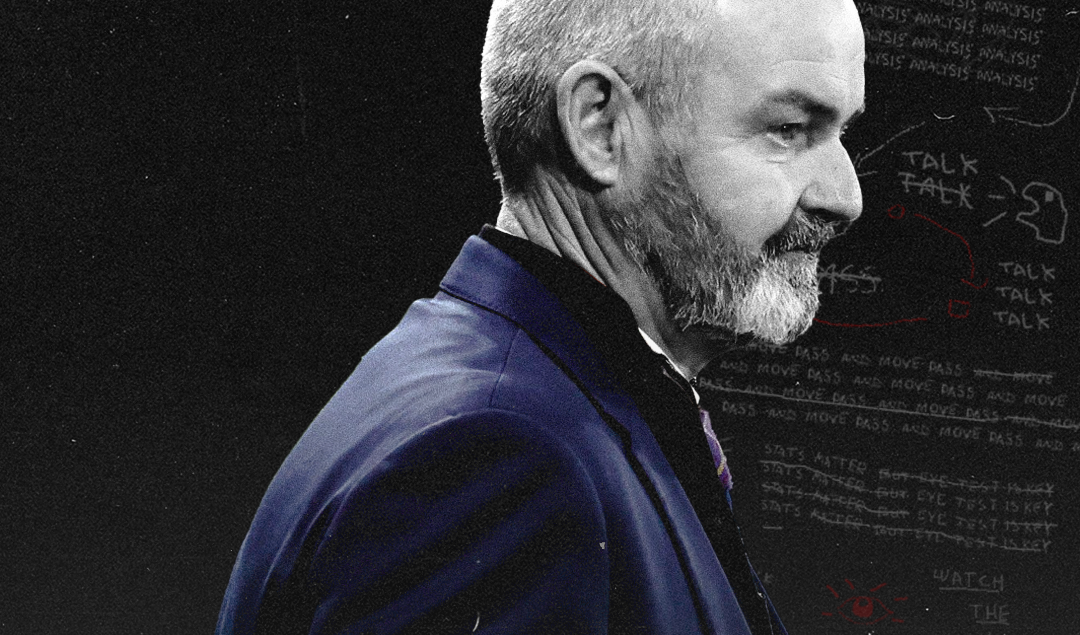Scotland: The Great Near-Miss at the 1996 European Championship
Scotland, known for its rich footballing heritage and passionate fan base, has experienced its fair share of ups and downs in international competitions. One of the most memorable and curious moments for the Scottish national team came during the 1996 European Championship, held in England. This tournament is particularly notable for Scotland’s dramatic near-miss in the group stage, which encapsulated both the hope and heartbreak that has often characterised Scottish football.
The 1996 European Championship was a landmark event, not just for England as the host nation, but also for the participating teams from across Europe. For Scotland, the tournament represented a significant opportunity to make an impact on the European stage.
The team, managed by Craig Brown, was placed in a challenging group alongside the Netherlands, England, and Switzerland. Expectations were high among the Tartan Army, the dedicated supporters of the Scottish team, who hoped their squad could advance beyond the group stage for the first time in a major tournament.
Wednesday:
Scott McTominay broke the deadlock only for Xherdan Shaqiri to score a screamer in Switzerland’s 1-1 draw vs. Scotland, whilst Klaus Gjasula atoned for his own goal and snatched a 2-2 draw for Albania vs. Croatia.@jakerslane on McTominay: https://t.co/cemPBqKi2t pic.twitter.com/hta2FvsrIK
— Breaking The Lines (@BTLvid) June 20, 2024
Scotland’s campaign in the 1996 European Championship began with a sense of cautious optimism. Their opening match against the Netherlands ended in a hard-fought 0-0 draw, a respectable result against a strong Dutch side. This match showcased Scotland’s defensive resilience and gave fans hope that the team could progress.
The second match, a highly anticipated encounter against arch-rivals England at Wembley Stadium, was fraught with tension and drama. England took the lead through a header from Alan Shearer. Scotland had a golden opportunity to equalise when they were awarded a penalty.
However, Gary McAllister’s spot-kick was saved by England goalkeeper David Seaman. Moments later, Paul Gascoigne scored one of the most memorable goals in European Championship history, securing a 2-0 victory for England and leaving Scotland’s qualification hopes hanging by a thread.
Despite the setback against England, Scotland’s fate would be decided in their final group match against Switzerland. To advance, Scotland needed a victory and also required the result of the England vs. Netherlands match to go in their favour. The match against Switzerland saw Scotland put in a determined performance, and they eventually secured a 1-0 victory thanks to a goal from Ally McCoist.
John Bleasdale’s new book “We’re Going To Wembley” examines Scotland’s journey in the 1996 Euros, a crowning achievement for the Scottish golden generation.
In an exclusive BTL interview, @Callum7McFadden speaks to @jbleasdale81 about his latest book:https://t.co/4CDgmio3Sz pic.twitter.com/N2NjXqhF3z
— Breaking The Lines (@BTLvid) June 12, 2024
As the final whistle blew in the Scotland vs. Switzerland match, attention turned to the simultaneous game between England and the Netherlands. England had taken a commanding 4-0 lead, but the Dutch managed to score two late goals, reducing the deficit to 4-1. This final scoreline meant that the Netherlands edged out Scotland on goal difference, securing the second spot in the group and advancing to the knockout stage, while Scotland were eliminated.
The near-miss of 1996 left a lasting impact on Scottish football and its supporters. The heartbreak of missing out on the knockout stages by the narrowest of margins highlighted the thin line between success and failure in international football. The tournament showcased the team’s resilience and capability to compete with some of the best teams in Europe, but also underscored the importance of fine margins and clinical finishing in crucial moments.
The experience of the 1996 European Championship has been a source of both pride and frustration for Scotland. It reinforced the passion and dedication of the Tartan Army, who continued to support their team through thick and thin. The lessons learned from this tournament have been carried forward, influencing the approach and mentality of future Scottish squads.
As Scotland prepares for EURO 2024, the story of their near-miss in 1996 serves as a poignant reminder of the importance of resilience, determination, and seizing opportunities. The current Scottish team can draw inspiration from the efforts and spirit shown by their predecessors, using it as motivation to strive for better results.
Celtic have not won a Champions League knockout round match since 2013.
Since then, they’ve won 11 Scottish Premiership titles and 13 cup trophies.
Is Celtic’s domestic dominance negatively impacting their ability to cope in Europe?@rabbilnahar:https://t.co/KFixpyzTZK pic.twitter.com/PnQZ6k8tHs
— Breaking The Lines (@BTLvid) May 18, 2024
The narrative of 1996 emphasises the need for mental strength and composure in high-pressure situations. For the current generation of Scottish players, the lessons from the past can provide valuable insights into how to handle the challenges of international tournaments and the significance of every moment on the pitch.
The 1996 European Championship and Scotland’s dramatic near-miss is a story of hope, resilience, and the fine margins that define success and failure in football. For Scotland, it remains a source of inspiration and a reminder of what can be achieved with determination and belief. As the team looks ahead to EURO 2024, the memories of 1996 will serve as a powerful motivator to write a new chapter in Scottish football history, one that fans hope will be filled with triumph and celebration.
By: Juanjo Montero / @JJMont3ro
Featured Image: @GabFoligno / Ian MacNicol / Getty Images
